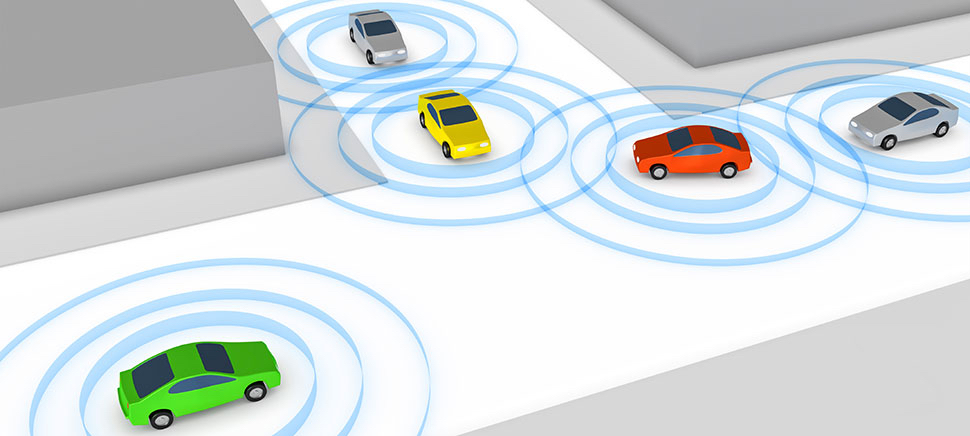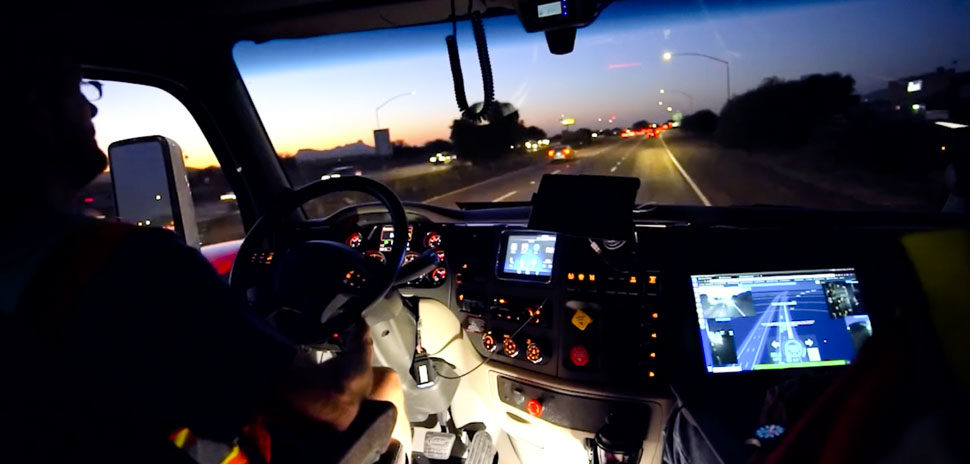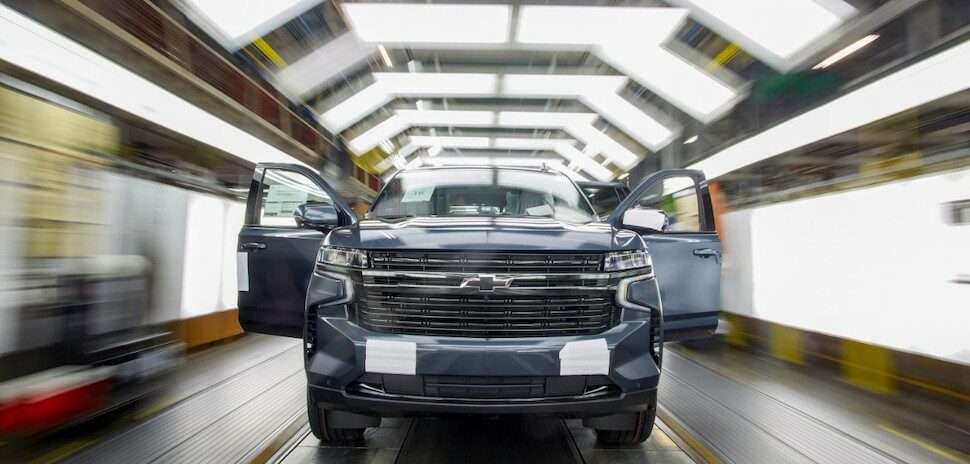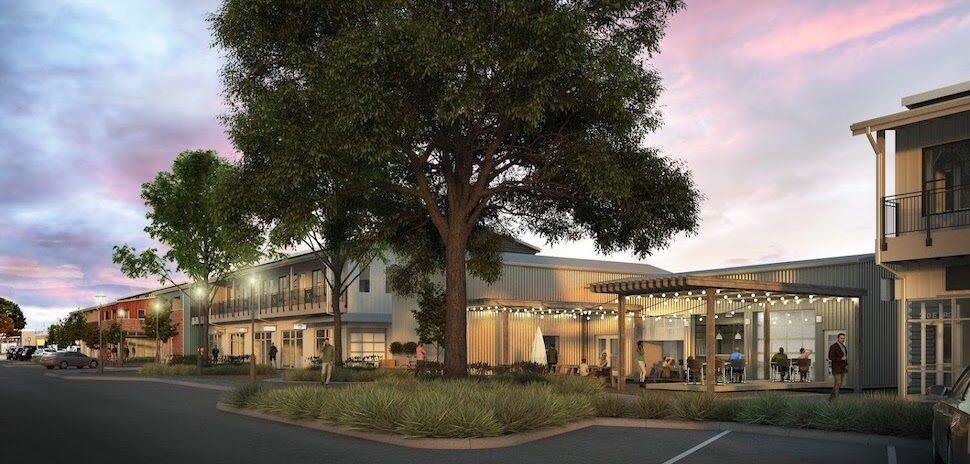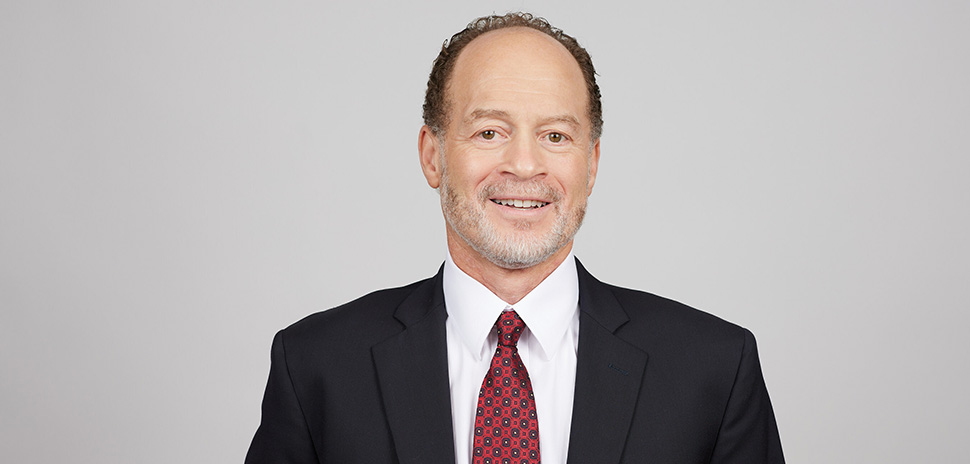![]() The city of Arlington and the University of Texas at Arlington have been named among nine Texas locations for groundbreaking research in developing self-driving vehicle technology.
The city of Arlington and the University of Texas at Arlington have been named among nine Texas locations for groundbreaking research in developing self-driving vehicle technology.
On Thursday, the U.S. Department of Transportation designated Texas among 10 U.S. proving grounds to encourage the testing of self-driving car, bus, and truck (also known as “automated vehicles,” or “AV”) technology.
Thomas Bamonte, a program manager at the North Central Texas Council of Governments, said the designation was the result of an effort by a variety of governmental and educational groups in Texas.
“We plan to work together with our statewide partners to ensure that Texas is a leader in using transportation technology to improve the lives and businesses of Texans.”
Thomas Bamonte
“Texas cities, universities, and TxDOT came together in a single statewide application and that cooperation made all the difference,” Bamonte wrote in an emailed statement to Dallas Innovates. “We plan to work together with our statewide partners to ensure that Texas is a leader in using transportation technology to improve the lives and businesses of Texans.”
An automated vehicle is one in which at least one primary safety feature (steering, acceleration, or braking) occurs without the driver’s input. Transportation researchers project that self-driving vehicles would save more than 29,000 lives per year in the U.S., by reducing the chance of human error.
UTA and the city of Arlington were included for their potential as sites where self-driving cars, trucks, and/or shuttles can improve mobility at the city’s major destinations, especially near the city’s two major stadiums – AT&T Stadium and Globe Life Park – and at the Six Flags Over Texas amusement park.
The report also mentioned that Arlington’s streets offer enough space for automated vehicles to operate fairly easily, and that the community’s population of about 380,000 people is underserved by existing transportation options.
“The UTA campus offers an opportunity for deployment of AVs in a low-speed and somewhat closed environment,” said a proposal supporting the AV designation, written jointly by the University of Texas at Austin, Texas A&M University, and the Southwest Research Institute. “Given the large campus, there are many deployment opportunities, including on-road movement from remote parking areas and off-road movement within the main campus.”
The city of Arlington offers both an urban core and a shuttle service that connects hotels and other destinations, which could also serve as strong test subjects for self-driving vehicle technology, the proposal said.
Another opportunity for testing automated vehicle technology, the report says, would be in the form of shuttle services, to operate within Arlington’s Entertainment District (which includes Six Flags Over Texas, AT&T Stadium, Globe Life Field, the Lincoln Square Mall, and the Arlington Convention Center), to connect those venues with area hotels and destinations.
“They could be readily adapted for AV testing. Streets within the Entertainment District are good candidates for testing during light traffic periods between events, as well as moving large numbers of people during events,” the report said.
As automated vehicle technologies are successfully deployed, they can be expanded along additional city streets. A third potential test-bed in the Dallas region would be a section of Interstate 30, the report stated.
MANAGED LANES ON HIGHWAYS COULD BE USED FOR SELF-DRIVING CAR TESTS
“IH-30 from IH-35W in Fort Worth to IH-35E in Dallas is a modern multi-lane expressway,” the report said. “It includes a 10-mile, reversible, protected, managed lane facility operated by TxDOT, which can be closed during off-peak periods.”
The managed lanes would allow for testing of automated vehicle technology in closed managed lanes, then, if successful, could eventually be tried in regular traffic conditions.
Backing up these test beds is the city of Arlington’s advanced traffic monitoring system.
“The city of Arlington has a state-of-the-art Transportation Management Center, including 138 cameras on public roadways, 200 miles of fiber, and centralized signal software,” according to the report.
The report further stated that the city of Arlington and Tarrant County are interested in using automated vehicles to improve mobility options for disadvantaged populations.
In his email to Dallas Innovates, Bamonte wrote that Texas’ inclusion in the study could pave the way for more development of automated vehicle technology in the Dallas region in the future.
“(The) USDOT’s selection of the Texas proving ground network will help DFW and the state as a whole compete for private and public support for the development and deployment of automated vehicle technologies that promise to provide more mobility options for more people more safely than today’s system,” he wrote.
Other Texas regions and entities to receive AV test-bed designations, known as the Texas AV Proving Grounds Partnership, include:
- The Austin Area – City of Austin, Central Texas Regional Mobility Authority, Capital METRO, the Capital Area MPO (Metropolitan Planning Organization);
- Bryan/College Station – City of Bryan, city of College Station, and Brazos Valley Council of Governments;
- Corpus Christi – City of Corpus Christi and the Corpus Christi MPO;
- The El Paso Area – City of El Paso, County of El Paso, and Camino Real Regional Mobility Authority, and the El Paso MPO;
- The Houston Area – Houston METRO, city of Houston, Harris County, Port of Houston, Houston-Galveston Area Council, Texas Medical Center, University of Houston; and
- The San Antonio Area – City of San Antonio, VIA Transit, the Alamo Area MPO, Joint Base San Antonio.
The U.S. Department of Transportation designated nine other regions/organizations outside Texas as AV proving grounds: the city of Pittsburgh and the Thomas D. Larson Pennsylvania Transportation Institute; the U.S. Army Aberdeen Test Center; the American Center for Mobility at Willow Run; the Contra Costa Transportation Authority & GoMentum Station; The San Diego Association of Governments; Iowa City Area Development Group; the University of Wisconsin-Madison; Central Florida Automated Vehicle Partners; and the North Carolina Turnpike Authority.
Delivering what’s new and next in Dallas-Fort Worth innovation, every day. Get the Dallas Innovates e-newsletter.










